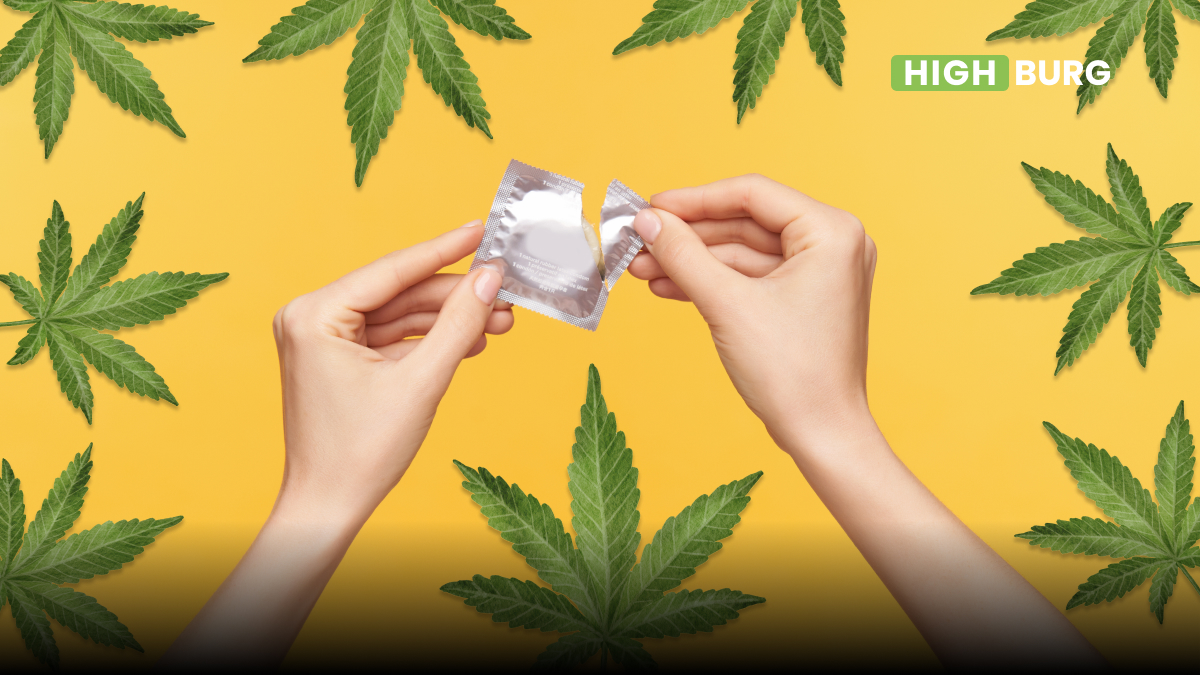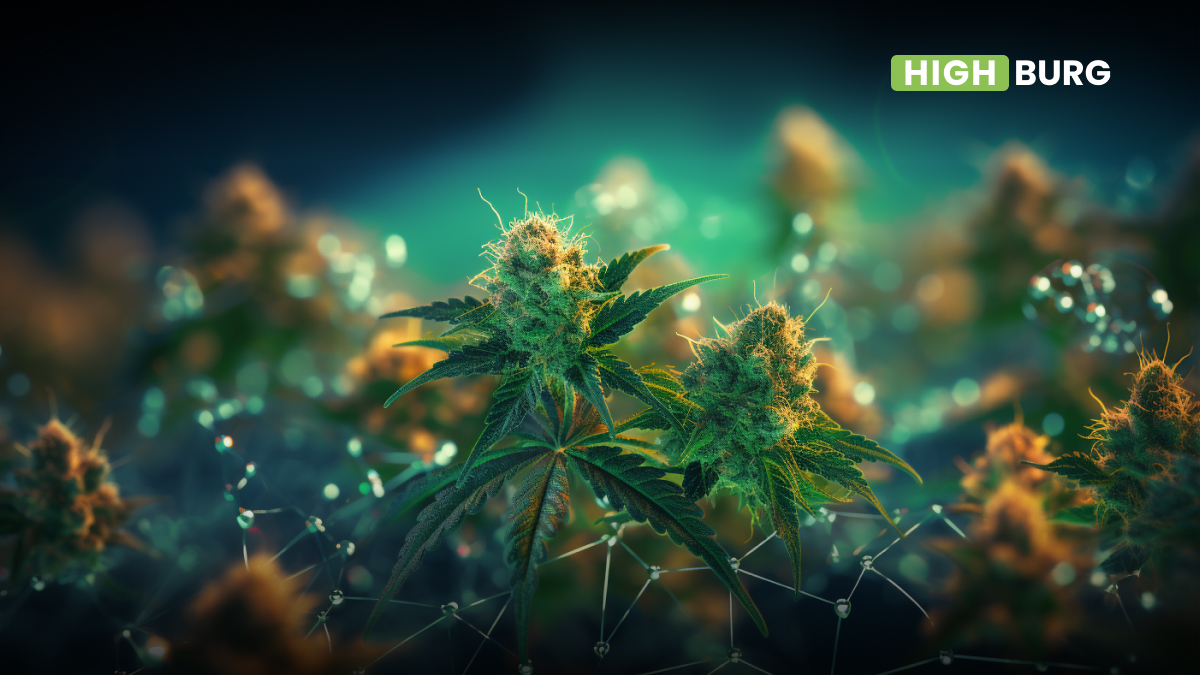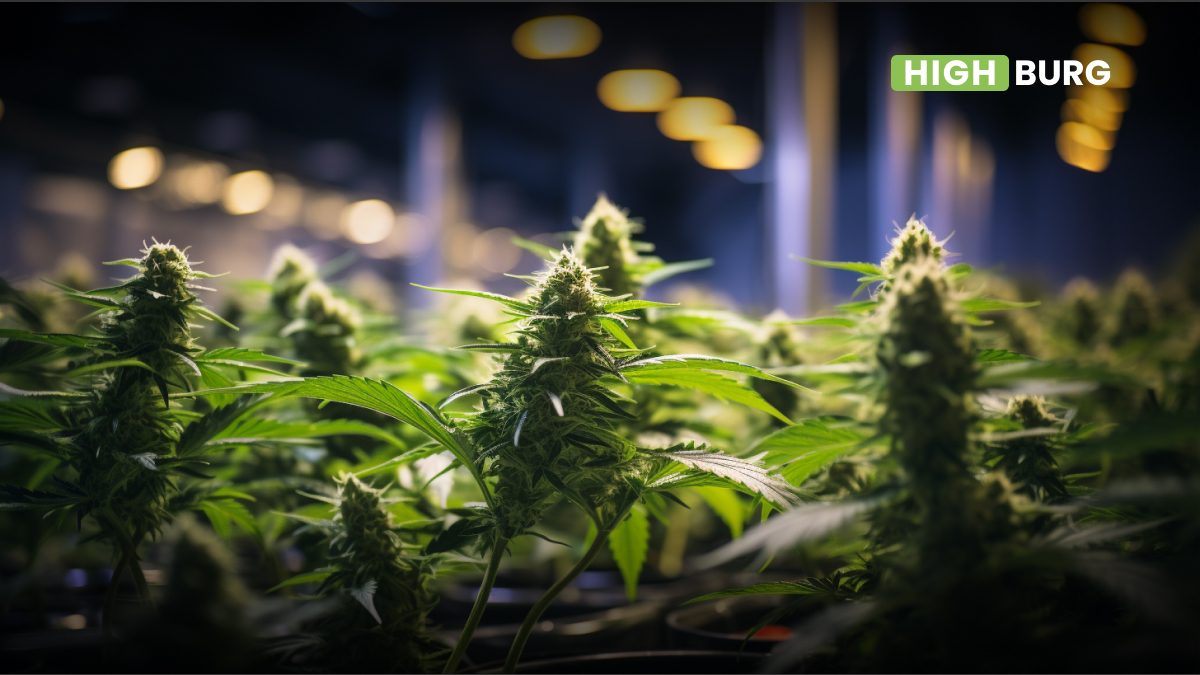Anyone who has ever smoked cannabis at least once in their life knows very well what the effects are on short memory, from forgetting what was said just before, to not remembering the beginning of a paragraph while it was just red. These can be considered the typical effects of those who “are high” after smoking.
But what happens in our brain? Can the effects of cannabis on memory be definitive? To be able to start answering these questions we must first take a quick overview of how our memory works.
How memory works
The brain coordinates the functioning of the organism, both from a physical and cognitive point of view. Cognitive functions are abilities organized by the brain that regulate the relationship with the external environment. Intellectual properties are acquired from birth and must be constantly reinforced over time. When we talk about cognitive functions we talk about: attention, memory, orientation, language, along with other very important functions.
To simplify, we can say that cognition works with a double process composed of two systems:
- system 1: is the system of the unconscious, of automatic decisions, of instinct, and of speed
- system 2: is the system of consciousness, of complex decisions on which it is necessary to reflect actively, slower but also more reliable.
Memory is also based on these two systems, but what we consider “memories” reside in system 2. Through conscious interaction with the world (attention), we form our memories, and this interaction gives rise to the so-called short memory. Short memory is a fast storage of the information we detect live. Usually if these memories are not revisited they are forgotten forever, but if you go over it (internally consciously, or externally) these memories will be catalogued as long-term and will be left there indefinitely with immediate access whenever you want.
Understanding the effects of cannabis on cognitive function proved to be an incredibly difficult task. Not to mention that cannabis is made up of over 100 different cannabinoids and that we mainly know about tetrahydrocannabinol (THC) and cannabidiol (CBD). In addition to that, the concentrations of cannabinoids, together with other compounds within cannabis chemovarscan vary greatly. Thus, it is very difficult to make generalized claims about the effects of cannabis on memory.
According to scientific evidence, cannabis useaffects both our short- and long-term memory. THC is the primary psychoactive component present in cannabis and it is generally accepted to be the primary cannabinoid responsible for cannabis negative impact on memory. Although it is unclear how exactly THC affects memory functions, it is believed that memory loss is caused by the compound’s effect on the hippocampus, which is a part of the mammalian brain that controls memory, learning, and emotions. One of the primary receptors in the brain that are stimulated by THC and other cannabinoids is the CB1 receptor, and the hippocampus appears to have the highest concentration of these receptors. CBD is a cannabinoid frequently highlightedfor its ability to potentially cure epilepsy (as well as a number of other disorders) and it has unexpected impacts on memory.
Short-term cannabis effects on memory
The short-term effect on memory is the most immediate and evident. Under the influence of cannabis it becomes exponentially more difficult to create new memories from what we are experiencing. Examples of these effects can be like forgetting where we put an object or forgetting where a conversation started from. After consuming cannabis we generally tend to lose focus much more easily.
Cannabis impairs our “working memory” which is a type of short-term memory that we use when we are learning something new. Cannabis also affects our ability to recall events experienced while under the influence. However, these effects on memory are temporary, because even if THC can significantly impair our ability to remember events up to two hours after consumption, ithas no persistent residual effects after 24 or 48 hours.
Long-term cannabis effects on memory
The effects of THC on memory appear to be dose-dependent, meaning that higher doses have stronger effects. However, some studies show that frequent cannabissmokers tend to be more tolerant of it and its effects. Other studies suggest that CBD may act to reduce memory impairment induced by THC. Unfortunately, there is not enough research to confirm with certainty that this is true, but the fact that THC impairs memory is a cause for concern, especially in cases of chronic use.
However, some studies have found that memory impairment is less noticeable, or in some cases, absent altogether, in heavy smokers, who, most likely, have developed a greater tolerance to the substance. The good news is that memory impairment does not appear to be a permanent effect. Studies show that memory function in long-term smokers returns to normal once they stop smoking cannabis.
The surprise of CBD
We mentioned the effects of THC, but what about CBD? The results may not be so obvious. A study published in the British Journal of Psychiatry suggests that higher concentrations of CBD may actually help counteract the brain changes caused by THC. [1] Additionally, according to the US National Institute of Mental Health, CBD could mitigate the damage that excessive drinking does to the brain. In the hippocampus and entorhinal cortex of the brain, alcohol can cause cell death that can be reduced by up to 60% when CBD and ethanol are administered together, according to research from the institution. Additionally, studies have shown that further research into CBD potential to delay the onset of diseases like Parkinson’s, dementia, or Alzheimer’s is warranted due to its neuroprotective characteristics.
Cannabis and PTSD
We’ve discussed the short- and long-term consequences of cannabis usageon memory, and the evidence is very conclusive: cannabis, and particularly THC, negatively affect human memory on practically every level.
But what if we tellyou that these relatively alarming news stories actually have a silver lining? Although we don’t typically think of memory loss as a good thing, it can be very helpful in treating anxiety-based diseases like post-traumatic stress disorder (PTSD). Cannabis may assist to interrupt the remembrance of distressing memories brought on by combat, violence, sexual abuse, or assault, according to some scientific research that has recently attracted a lot of attention to its use in treating and managing PTSD symptoms. Veterans frequently admit to using cannabis instead of their regularly prescribed medications to manage PTSD brought on by combat.
Research has repeatedly demonstrated that PTSD is largely influenced by the human endocannabinoid system. Furthermore, it’s thought that CB1 receptors are more readily available in patients with PTSD. Therefore, cannabisuse may, at least temporarily, aid in the treatment of PTSD symptoms.
More studies are needed in order to fully explain how cannabis can be beneficial to treat PTSD and to fully reveal the cannabinoids biological mechanisms related to memory loss.



